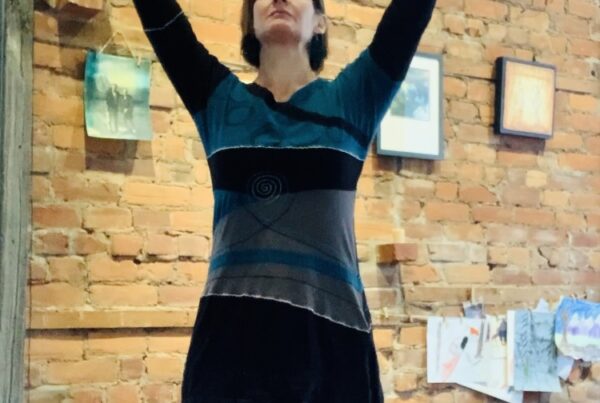“Is it normal to be so stressed?” “How do other people reduce stress? … Do they just breathe?!”
These are some questions that stood out to me over the last few weeks since I heard them repeatedly from different clients. To give you a picture, these are healthy women and men, with full-time jobs, who are either single or in healthy relationships. They are living the life they and most others aspire towards, at least on the outside.
They were concerned because their level of daily stress was far higher than they imagined it should be, given the “normal-ness” of their lives. They wondered what they were doing “wrong” or if others felt the same but kept it silent.
Because others in their daily lives aren’t talking about or showing the same kind of stress they feel, they find themselves questioning their own ability to cope. They even doubted their mental wellness and felt more isolated as a result.
The “new normal” stress level
Many clients complain about the “always on” state they are in. Some of the new normal influences are probably familiar:
- 24/7 internet access on phones and widgets and an expectation of accessibility
- Social media’s glamorous or uber-connected or otherwise unrealistic picture of what life could be
- The sound-bite version of life created by the internet that evades people’s lived experience
- Little real understanding (or practice) of what creates good emotional and mental health
Unfortunately folks often end up internalising the stress (i.e. “it must be me”), which only worsens self-esteem and a sense of isolation and then actually creates more anxiety and depression. This isn’t helped by the over-prescription of antidepressants and pharmaceuticals generally for diagnoses that I would argue are much more a result of an inherently stressful society/life than underlying mental illness.
The shadow of productivity
We’re a culture obsessed with productivity and achievement. I think of it as an addiction.
I believe we have lost sight of how to lead satisfying human lives that include ritual, community and spirituality. We’ve lost the social structures that make the latter a normal everyday part of life. Our collective mental health is suffering.
I urge us all to build ritual, deeper community connections and spirituality into both our individual lives and into our social lives.
Reduce stress by moving from a human doing to a human being: 5 steps to sanity
1. Create a “Sabbath” one day a week
Put the phones and digital widgets away for a day. Plan time with family or friends, or time in nature. Intentionally slow down. Follow what feels good inside. Remember what Sundays used to be before shops were open 7 days/week and before the Internet took over.
2. Gather friends regularly for a pot-luck
Start building regular connections with people you like. One way is a shared meal on a regular basis. Perhaps involve a few friends and rotate the location. Or a soup share, where one person makes a big batch of soup once a week and the others come to pick up their jar.
3. Create a self-care evening once a week
Think of it as a mini-Sabbath if that helps. When you want to shift gears after work for instance, consider how you make the transition, i.e change out of work clothes, add music, light a candle, add aromatherapy oils.
Consider making a list of activities you could do, i.e. yin yoga, follow the lead of your body in stretching/moving, a bath, non-doing time just sitting and noticing or listening to music, or find a book to guide you, e.g. the “Artist’s Way” by Julia Cameron.
4. Join a community choir or dance group
Research shows singing together gives the quickest sense of connection out of any activity, but do what brings you joy. Just make sure you prioritize it so you do it regularly.
5. Connect to the big picture
In our “always on” lives we can loose sight of the big picture. We are mortal. Life is short. We will die. Knowing this, how does it change the way you live your life?
One way of connecting into the divine / the bigger picture is to pray. Another is to give gratitude. Another is to explore the stars and planets. Or do Qi Gong. Or visit your local waterfall. Whatever does it for you. Strengthen your relationship with whatever divine/big picture you can connect with. Join a faith community if that feels good.
This article is reposted from my SoulSoil newsletter (March 2016). To subscribe click here.


